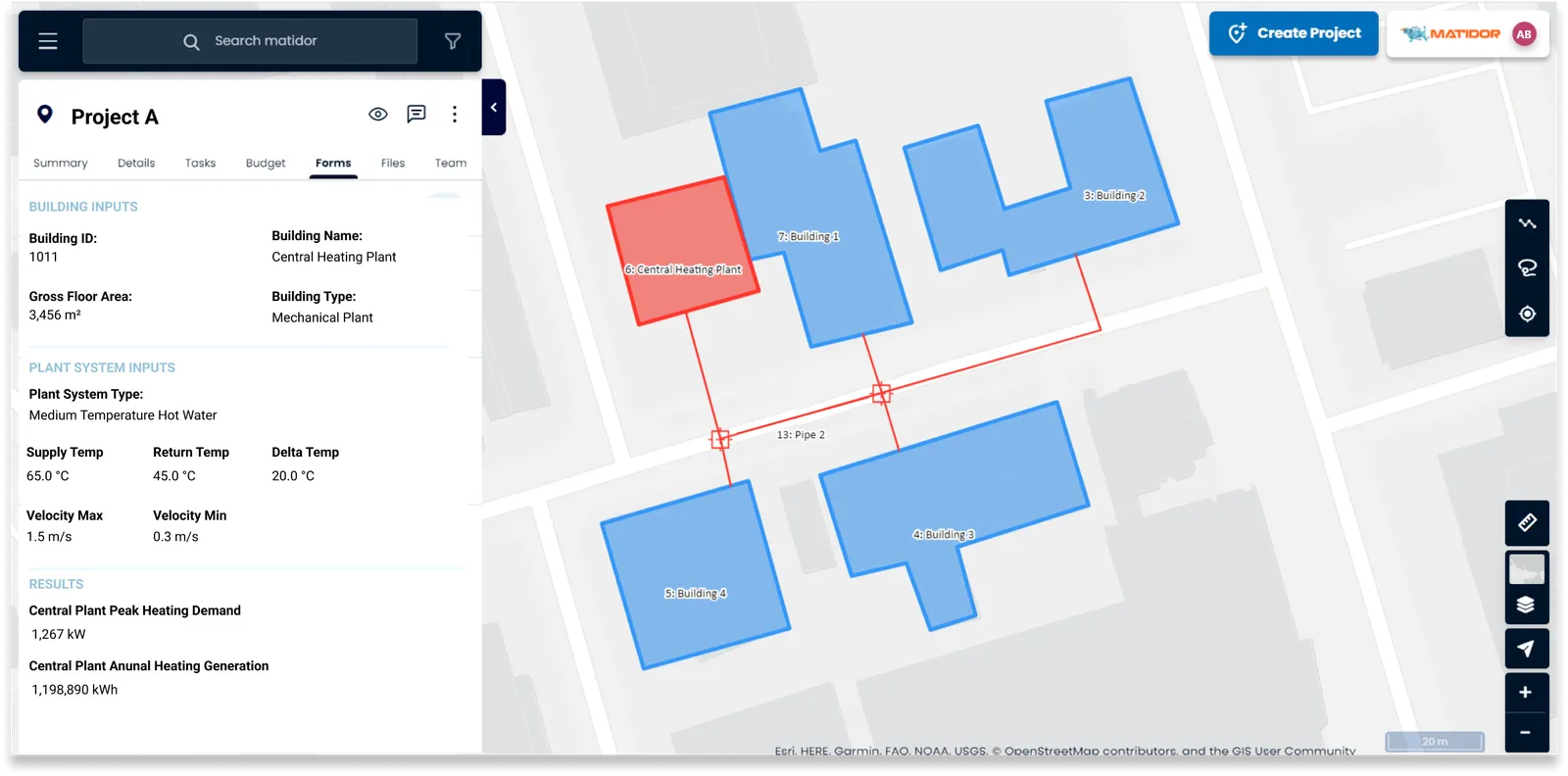Engineering consulting firm Arup is aiming to increase its capacity to help civil engineers streamline project management and optimize energy efficiency as they plan smart cities.
The company recently announced a partnership to build products with Matidor.com, a startup that specializes in map-based project management software. The partners described Matidor’s platform in a news release as “a one-stop-shop experience for civil engineers to plan, track and report on their clean energy and sustainability projects.” The goal is to help engineers develop plans with the best possible environmental impact.
Matidor founders Sean Huang and Vincent Lam said they founded the Vancouver-based company after realizing that in urban planning, engineers were using numerous mapping systems and spreadsheets on platforms that could not communicate with one another.
Matidor, backed by technology startup accelerator Y Combinator, has participated in smart city technology competitions, Huang said, including through Innovate Cities. “We basically use these channels to [build] potential working relationships with cities or municipalities that are looking for a geospatial platform,” Huang said. “Based on early discussions, we definitely saw a need there.”
Huang said that sustainable planning factors into not just individual designs, but also whole city-planning use cases such as pedestrian mapping.

Some Arup teams have adopted Matidor’s product for client projects, and the firm hopes to extend its reach.
“Matidor had identified a gap in our industry and had the experience in [geographic information system mapping] and business development to bring it to market. After looking at other options available, our energy planning team felt the match was right,” said Rebecca Birmingham, Americas ventures manager at Arup, in an email.
Arup hopes that “clients, municipalities, campuses, and other firms that serve energy transition projects will adopt [it] in their project management work,” Birmingham said.
In addition to working with Arup, Matidor has worked with GIS mapping software giant Esri and has been “pretty active” in looking to collaborate with additional organizations, Lam said.
Upcoming Matidor product versions will seek to implement more 3D layering and leverage AI to be more like a digital twin, Lam added. Other possible use cases could include monitoring fugitive emissions.
Huang said it’s too early to describe the nature of its customer base, but he predicts it eventually will be skewed more heavily toward the private sector, still with about 40% government users. Existing city users include Springfield, Massachusetts, and Austin, Texas, on applications related to civil engineering as well as parks and recreation, the company said.















